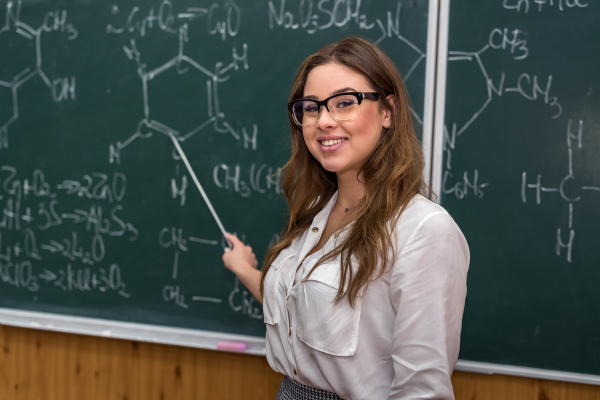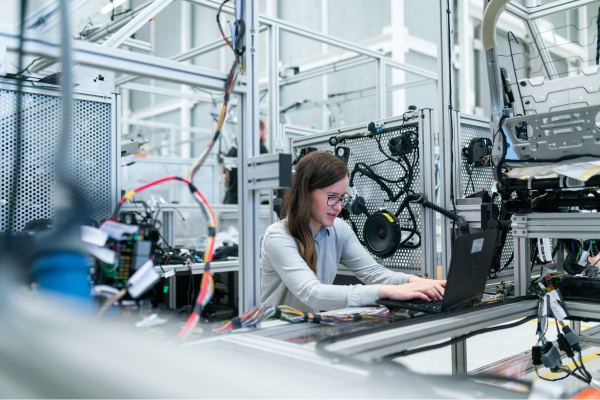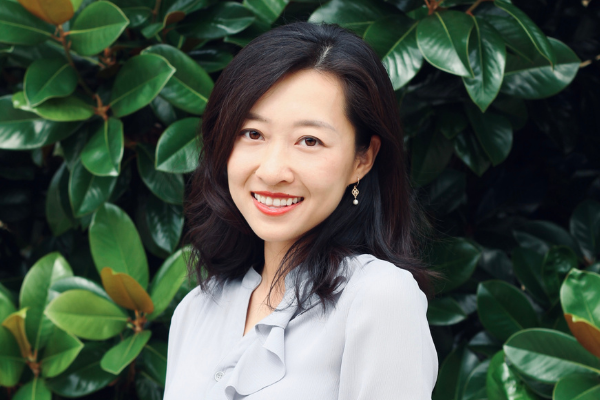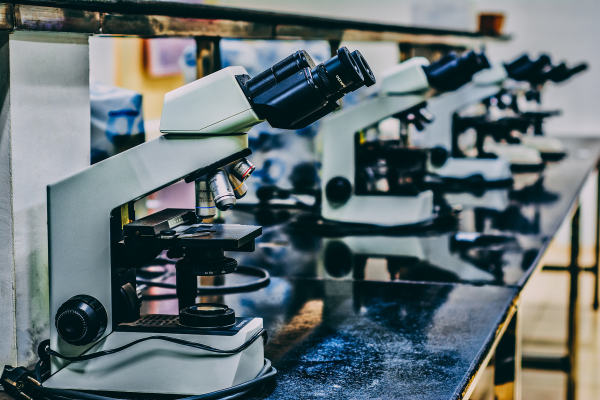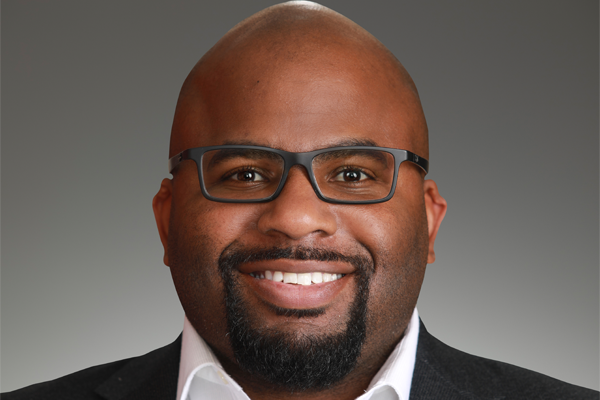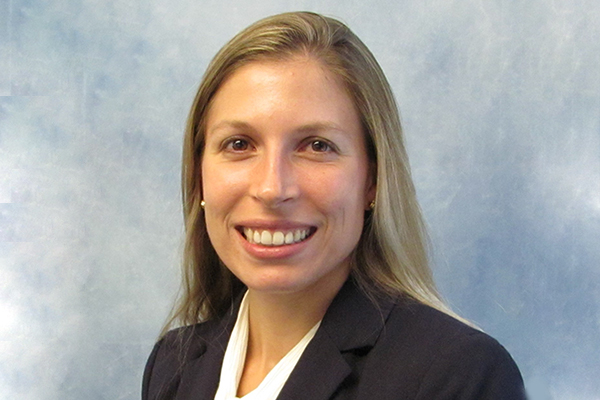By: Hasmukh Patel, Materials Scientist, Aramco Americas
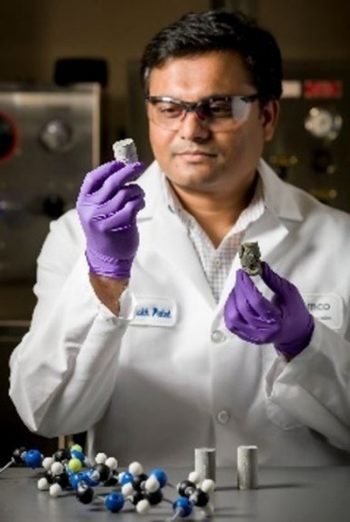
A spark to pursue research originated from reading the book ― Wings of Fire: An Autobiography of APJ Abdul Kalam ― shining a light on the former President of India and his journey to become a leader in Indian space research programs. I was more inclined toward physics in my undergraduate studies until my interest pivoted to chemistry during a research project developing glassy carbons from poly(furfuryl alcohol). I became eager to learn more about chemical science.
My current research at Aramco centers on next-generation materials’ design and their commercial applications. I am applying the chemistry of polyrotaxane-based molecular machines ― RotaMach ― to improve the longevity of oil well cement. This work supports the further advancement of developing sustainable oil and gas well infrastructure. Unprecedented long-term stability of cement is achieved by incorporating very low amounts of RotaMach in the oil well construction materials. Currently, there is no technology available in the market that facilitates uniform distribution of stresses at sub-nanometer levels within the cement matrix. The additive I devised resolved this long-standing demand to minimize the formation of micro-cracks. Another product in development is the large-scale production of synthetic nanoplatelets to enhance the thermal stability of fluid flow properties under extreme downhole conditions. These products allow long-term stability and efficient operation, both are vital parameters for sustainability.
Prior to joining Aramco, I had the privilege of working with the 2016 Nobel Laureate in Chemistry, Professor Fraser Stoddart, at Northwestern University from 2015-2017. It was a once in a lifetime experience. I contributed in the area of cyclodextrin-based metal-organic frameworks and the development of crown ether-based polymeric materials in Stoddart’s group. I credit my research communication skills and how to precisely address scientific findings from my stay at Northwestern University.
My journey to acquire expertise in the area of materials development for energy and environmental applications has taken me to the Politecnico di Torino in Italy, Korea Advanced Institute of Science and Technology (KAIST) in South Korea, and University College London (UCL) in the United Kingdom. Looking back, I realize that the research groups at each institute have nurtured my understanding to effectively address the problems that we have faced in this century, namely providing affordable energy without compromising the environment.
At KAIST, we introduced a new family of porous polymers, Covalent Organic Polymers (COPs), which have been employed for carbon dioxide capture, water treatment, recovering energetic materials, and high throughput catalytic applications. How the impregnation techniques exponentially improve the carbon capture capacity in modulated porous architectures was one of projects I contributed to at UCL. I must admit I was not a bright student until I found my field of interest, Materials Chemistry. My PhD research was focused on applications of nanoclays at one of the national labs in India – CSIR-Central Salt and Marine Chemicals Research Institute. Recently my work with Aramco in shaping the future of advanced materials science was recognized by the International Association of Advanced Materials (IAAM) Scientist Award for 2020.
How have your mentors influenced your research career?
My mentors contributed immensely in shaping my research direction and allowed me to tackle research problems independently. I have been fortunate to receive diverse mentorship from different continents of the world. I have worked in India, Italy, Korea, Britain, and the United States. This has given me valuable perspective.
Where did you grow up?
A small village in the state of Gujarat, India, where I completed my primary education, and because of the lack of good higher educational facilities nearby, my parents sent me away to school at the age of 13 years. After that I spent most of my time far away from my village, seeing my parents mainly during vacations.
What is the best advice you’ve received?
Hard work always pays off. Communicating science is key, as significant as inventing novel chemistries.
How do you see role of fossil fuels and its future?
It is significant to underline that fossil fuels have been aiding unprecedently in the advancement of our day-to-day life for a century. We should focus on how to utilize it with minimal greenhouse gas emissions. Aramco is at the forefront of producing oil and gas with the lowest amount of carbon dioxide, and our consistent efforts are to progress towards sustainable utilization of these abundant resources.
What laboratory tool can't you live without?
Glass vials and disposable pipettes
What was the last experiment you ran?
Synthesis of pseudorotaxane from polysiloxanes and γ-cyclodextrin
What's in your lab coat pocket?
Marker, pens, and sticky notes
This article has been edited for length and clarity. The opinions expressed in this article are the author's own and do not necessarily reflect the view of their employer or the American Chemical Society.
Copyright 2021 American Chemical Society (All Rights Reserved)

